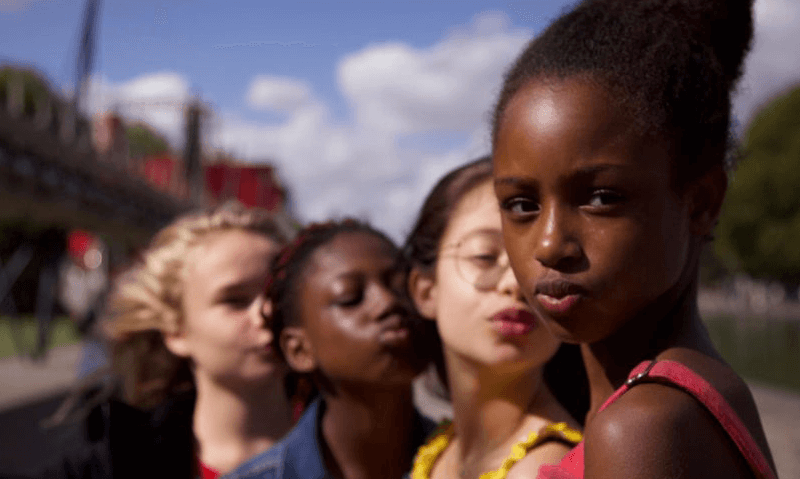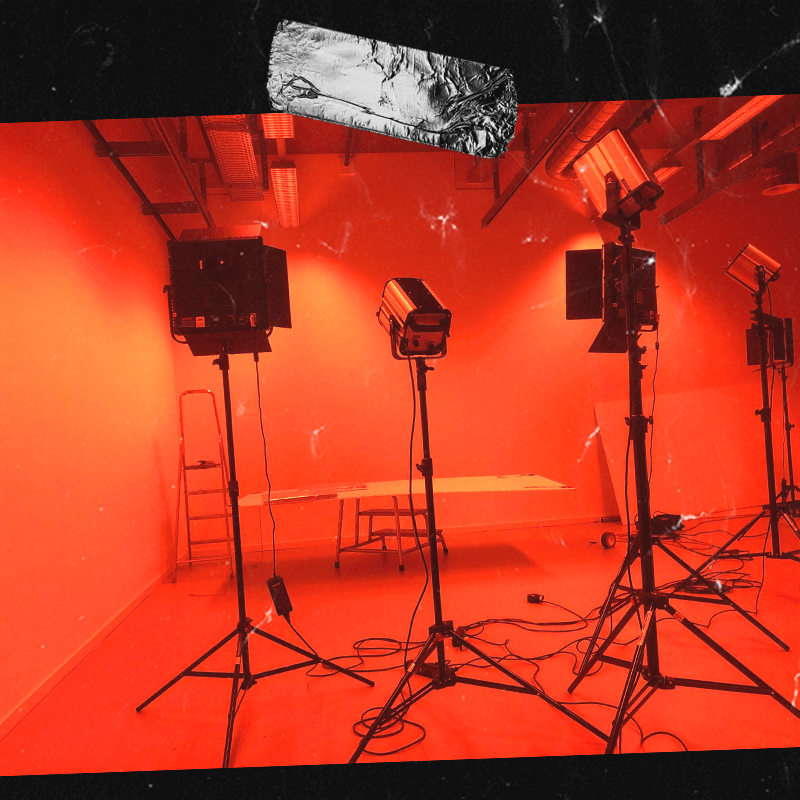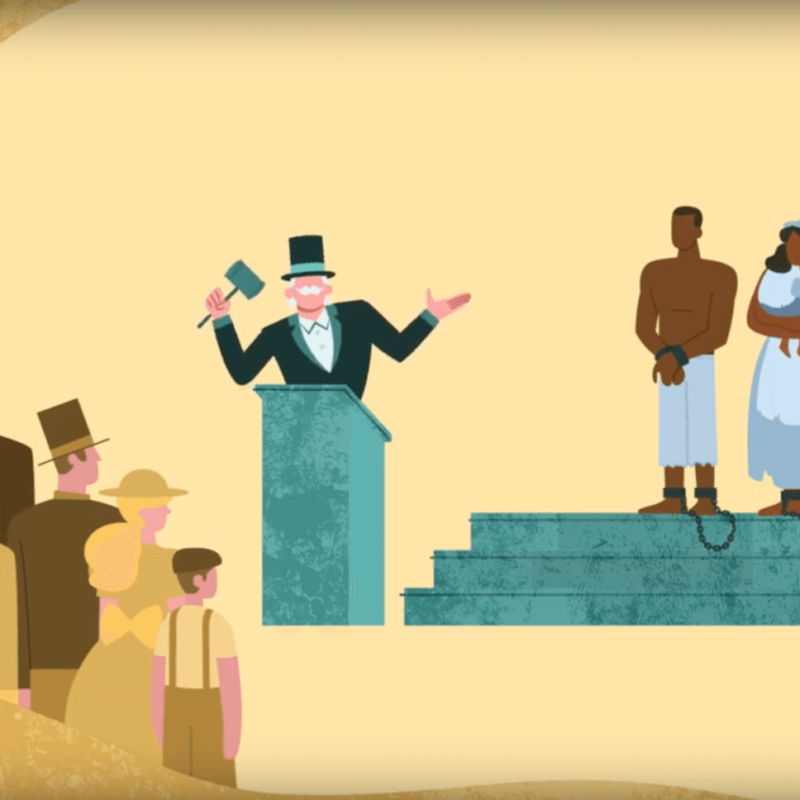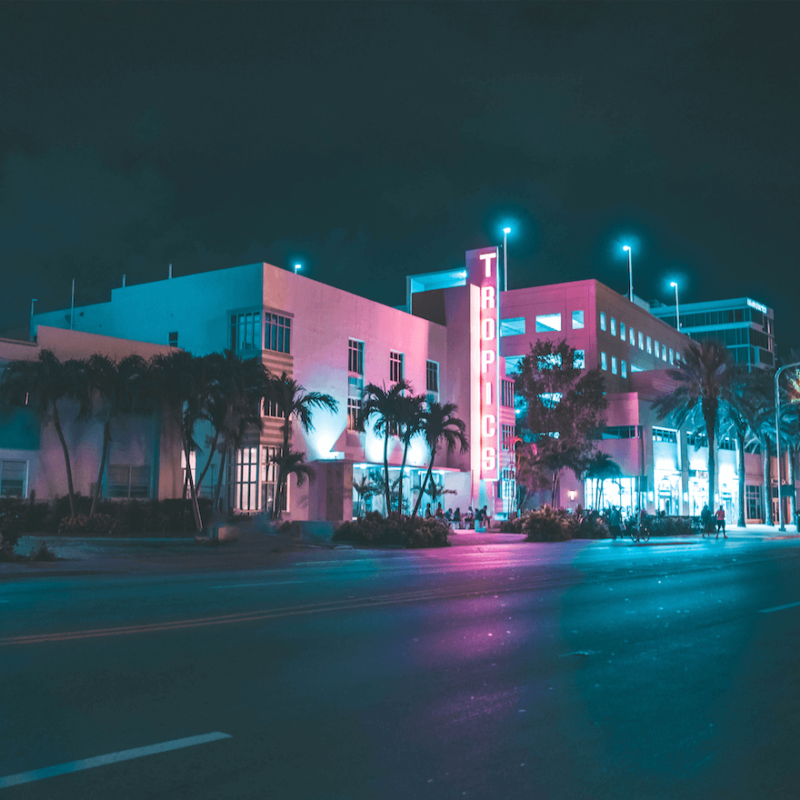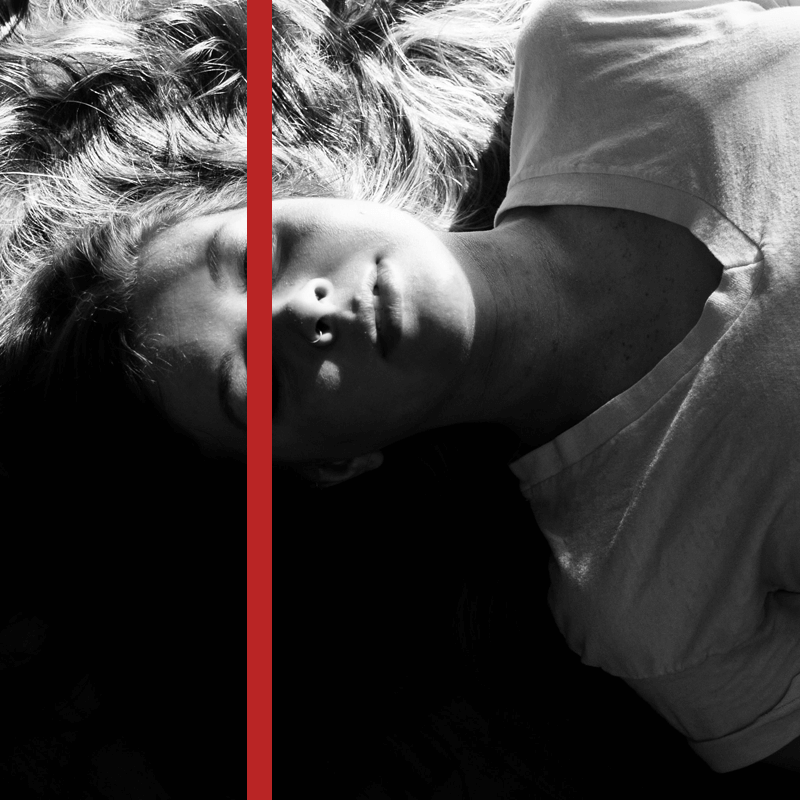“What we are talking about when we address trafficking and prostitution are simply two different entry points to the same place. Regardless of whether a woman is dragged in by her hair or brought in by poverty, as I was as a homeless teen, she ends up in the same place.”
—Rachel Moran
I was driving, listening to the Exodus Cry podcast, when I heard this. What struck me was that the distinct details of our stories did not exclude a shared experience of sexual exploitation.
As individuals using our voice to speak about being prostituted, of course, the unique and defining details matter. They have shaped who we are and they connect people to our experience. And the details matter in the sense that we can never say that our individual story is everybody’s story. Still, despite a spectrum of details, as Rachel says here, there is a shared reality of sexual exploitation.
A Hollywood movie spin of my entrance to prostitution would be “11-Year-Old Girl Forced Into the Trunk of a Car and Taken to Brothel.” My father sold me into prostitution when I was 11, and later into porn, but I didn’t live there. He gave me to two men every night who threw me into the trunk of a car and drove me to the brothel. My father was a sociopath and the continued enforcer of my exploitation for the next 6 years.
Related: My Life at Age 11: Trafficked in a Portland Brothel
A Hollywood movie spin of Rachel’s entrance to prostitution would be “Runaway Chooses Prostitution On Dublin Streets To Survive.” In her groundbreaking book Paid For, Rachel tells her story of landing on the street as a 15-year-old girl. An unstable home, rooted in the mental illness of her parents, led her to the streets. A boyfriend took her through the door to prostitution and without resources or skills she stayed in exploitation for 6 years.
I use the Hollywood movie examples because it is the film industry that most shapes our cultural perception. The real story is very different, but “truth” in our culture is all about how we see it.
So the door we enter prostitution through divides us in the mind of our culture. It sends Rachel on the “she chose prostitution” side of the line. Meanwhile I am sent to the “she was forced into prostitution” side of the line. The skewed perception of our culture, however, does not alter the real story of sexual exploitation.
The story of sexual exploitation begins with vulnerability.
It begins where force, fraud, or coercion meets vulnerability.
My vulnerability was to my father. He was the force in my life and the enforcer of my continued enslavement. It appeared like I was a person with choices, but that was only an illusion. The appearance of freedom or choice in exploitation is usually either an illusion or a trick.
Rachel’s vulnerability was to the circumstances of poverty and homelessness that coerced, pushed her onto the path of prostitution. She says, “By the time prostitution took its place on the stage of my life, on one of the deepest levels, the likelihood of our coexistence had already been cemented.”
The story of sexual exploitation is a story of isolation and loneliness.
This is not so much about sitting in the corner alone, although I did plenty of that. No, this more about being alone in our struggle to survive on this Earth.
At night I was exploited in the brothel (and later in the porn studio). In the day I lived a lower middle-class existence. I went to school, played the piano and softball, and even went to church. I was surrounded by people, but no one knew me or was fighting for me in my life. I was “on the outside looking in,” as I often scribbled in my journal then.
Rachel says of her time in prostitution, “Life is or ought to be a participatory experience, but it is possible for a person to be so damaged by early lifetime exclusion as to believe their only role in life is that of observer… I lived a very solitary existence… not asking for help and consequently not receiving it.”
The story of sexual exploitation is a story of disconnection.
We disconnected from ourselves in order to disconnect from them, our buyers and exploiters.
I survived my dual existence by disconnecting until I was 15. Until then I lived my days as if I had no pain or problems at all. I cut off all my pain and buried it deep. When I began to write at 15, though, it released the sewers from underground up into my life. As the disconnection wavered, the pain of repeated violation began to seep in.
Rachel explains, “The conditions of prostitution are damaging… Ignoring them, shutting out the viciousness of their nature, is perhaps the prostitute’s primary policy of defense, her principal survival strategy.”
There is much more to our shared experience than I have written here, but whatever I were to add would only further illuminate that our stories are more similar than they are different. Choice in sexual exploitation is usually an illusion. Whether it seems that we have “chosen” this or not, the reality of the experience is the same.
We can change this tragic reality. It starts with understanding that “prostitution can be more accurately described as the choice of those with the fewest choices.” #NotaChoice
The Exodus Cry Podcast
[podcast_episode episode=”13096″ content=”title,player,details”]
